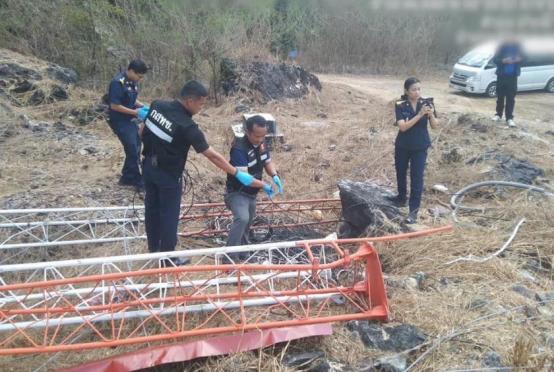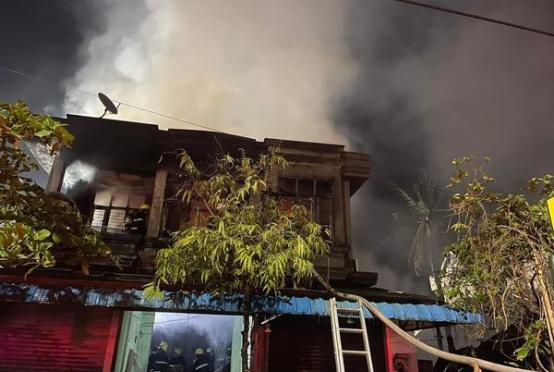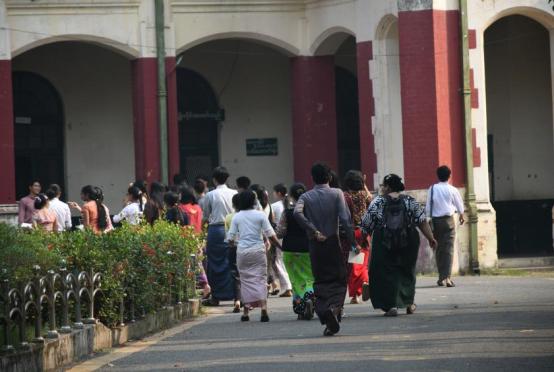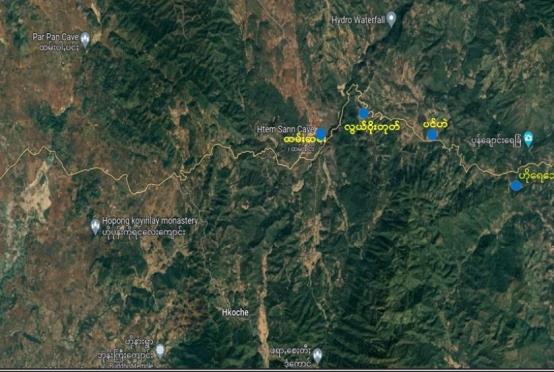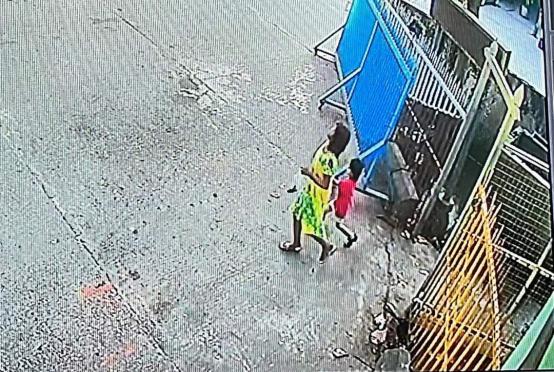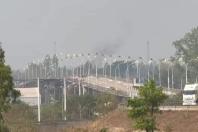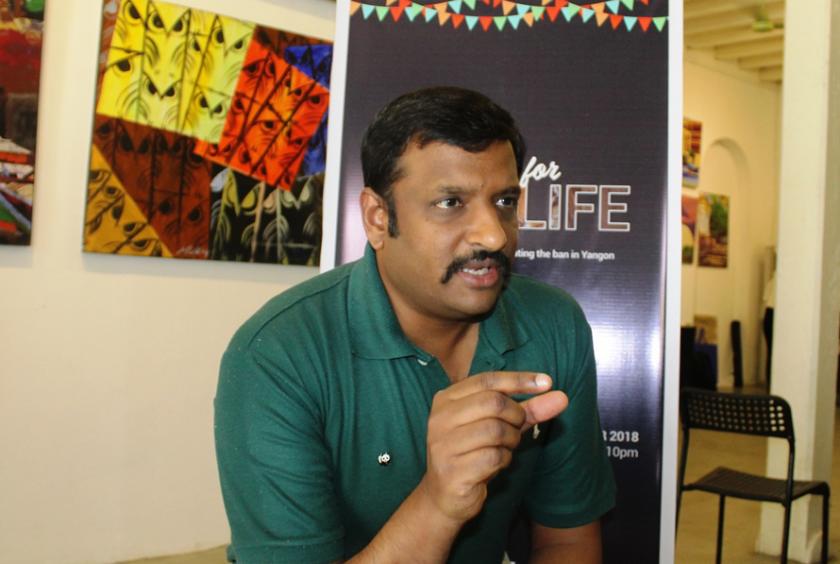
By KhineKyaw
Myanmar Eleven
Yangon
Calls for an end to growing wildlife trade in Myanmar’s border areas have positively resulted in arousing the government’s interest to continue its ban on all illegal wildlife sales across the nation, according to Christy Williams, country director of WWF Myanmar.
“We see a lot of positive intention to cooperate, and have a very excellent cooperation with the Union government. We stand ready to support Yangon region government’s ban on wildlife sales. The next step is to officially announce this ban nationally, so that the whole Myanmar can be free of wildlife crime,” he said in an exclusive interview.
Last month, Yangon became the first city in Southeast Asia to become “illegal wildlife trade free”. In every district and township in Yangon region, anyone caught selling or carrying illegal wildlife products will nowface enforcement under the new Protection ofBiodiversity and Protected Areas Law enacted in May this year.
“The quick win to stop the wildlife trade is to enforce the ban like in Yangon. Now, we are working with Mandalay region government. Hopefully, we can do the same thing in Mandalay soon, and will spread it to other parts of the country,” he said.
“The next step is to work collectively for the enforcement of the new law which is very strong. You will go to jail if you are found with any wildlife product in hand, according to the new law. It is very tough, and we need to cooperate to enforce it.”
He expects the rule of the new law to be approved by the Union Parliament by early next year, as the final round of discussions should be completed by November 15.
The sale of products from protected wildlife species has been illegal in Myanmar since 1994 but the law has not been enforced.The new law includes a mandatory prison sentence for poaching or trade of completely protected species or species protected under the Convention on International Trade in Endangered Speciesof Wild Fauna and Flora (CITES).
“It is really important to enforce the law and regulations through custom checkpoints. It is really important to make sure that the message is available to tourists as they come in. There should be enough warning that people should not buy any wildlife product during their visit, otherwise they would go to jail,” he said.
“It does not seem like a big crime but we need to raise awareness about it, especially at international airports.”
Williams suggested posting a warning in every custom form that people should not buy any illegal wildlife products while in Myanmar. He stressed the importance of raising awareness at international gateways, as a lot of people are not aware that it is illegal.
In November 2017, WWF Myanmar conducted an illegal wildlife product identification training at Yangon International Airport. The trainings were designed to train the airport’s management team on identifying ivory and other illegal wildlife trade products so they can monitor the shops within the terminals.
According to Williams, Asia World, a private port terminal whichcurrently handlesthe highest volume of containers in Myanmar, is also committed to work with the authorities to implement illegal wildlife trade detection and enforcement measure at its facilities.
“Not enough Myanmar people clearly understand the impacts of wildlife trade including elephant poaching. Endangered species may become extinct due to smugglers who try tomeet the demand in China and the Golden Triangle,” he said.
In this regard, WWF is working with regional authorities and related ministriesto stop elephant poaching in two major regions_ Bago and Ayeyarwady.
Until the last five months when the organisation started its efforts to end the poaching on the ground, at least one elephant used to be killed in Myanmar every week. Elephant skin, tail hairs, teeth and ivory are sold at tourist spots, markets in Yangon and Mandalay, and an illegal market inthe Golden Triangle.
“We are really successful because it is now over 140 days without any elephant poaching in those notorious areas,” he said.
“We are also observing the markets along the Chinese border and the Thai-Laos border, looking at the illegal wildlife trade that is going on and highlighting the need for shutting down those markets.”
Williams however admitted that it would be very hard to crack down on illegal wildlife trade because some trading areas are not under the government’s control because they are controlled by some ethnic armed groups.
“At this point, it is very difficult to fight against smugglers in such areas. It is a very complex situation. One thing is to block wildlife products on the way, before they enter the illegal markets, and another is to stop the poaching on the ground. Eventually, we will have to talk to the ethnic groups about the illegal trade and find the ways together to stop it,” he said.
He considered the lack of staff at the natural conservation and wildlife protection division as a big challenge to crack down on illegal trade. He suggested conducting trainings for government staff and establishing mobile teams to do surprise checks at different markets and festivals to see if there is any wildlife product for sale.

